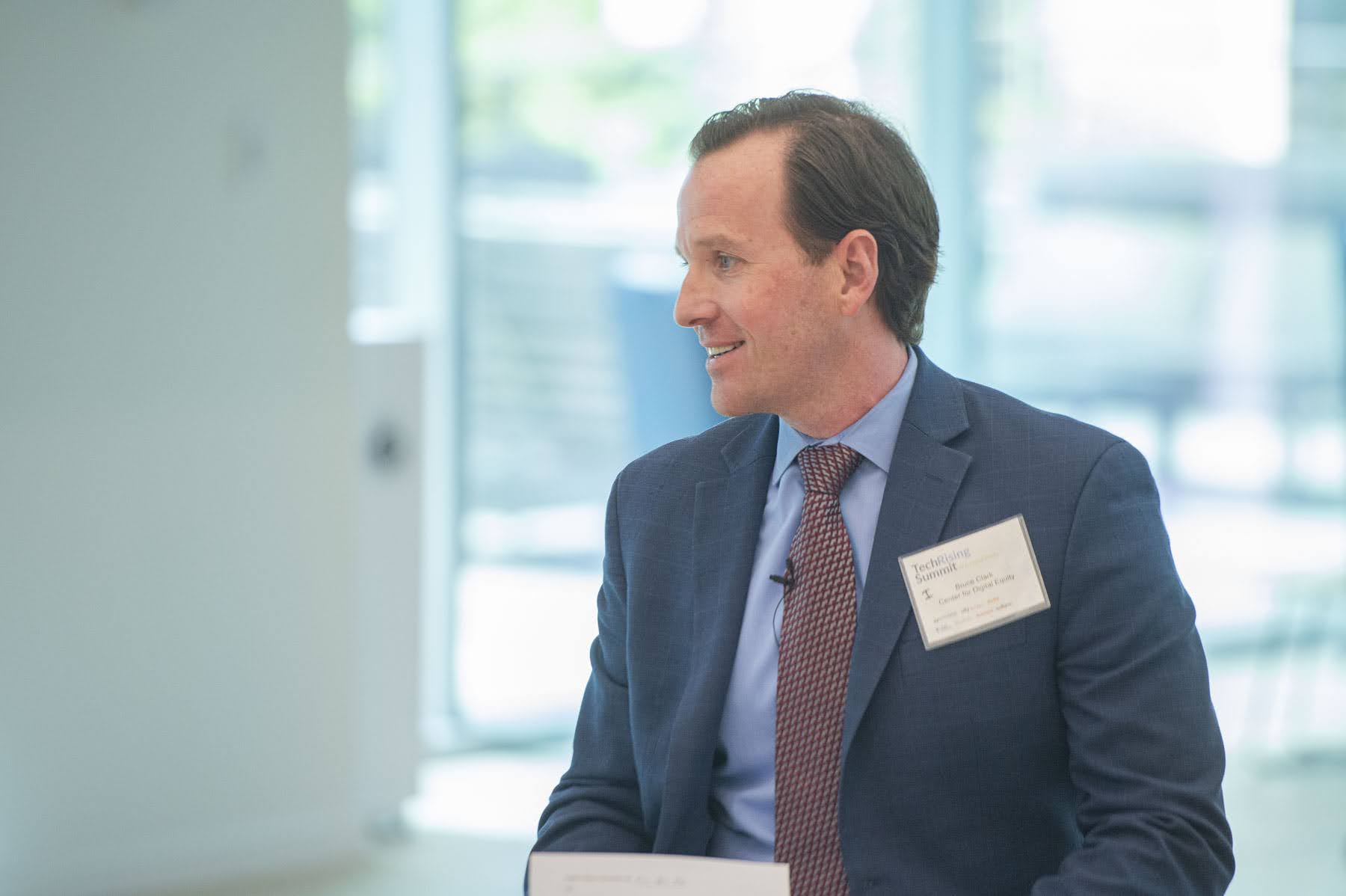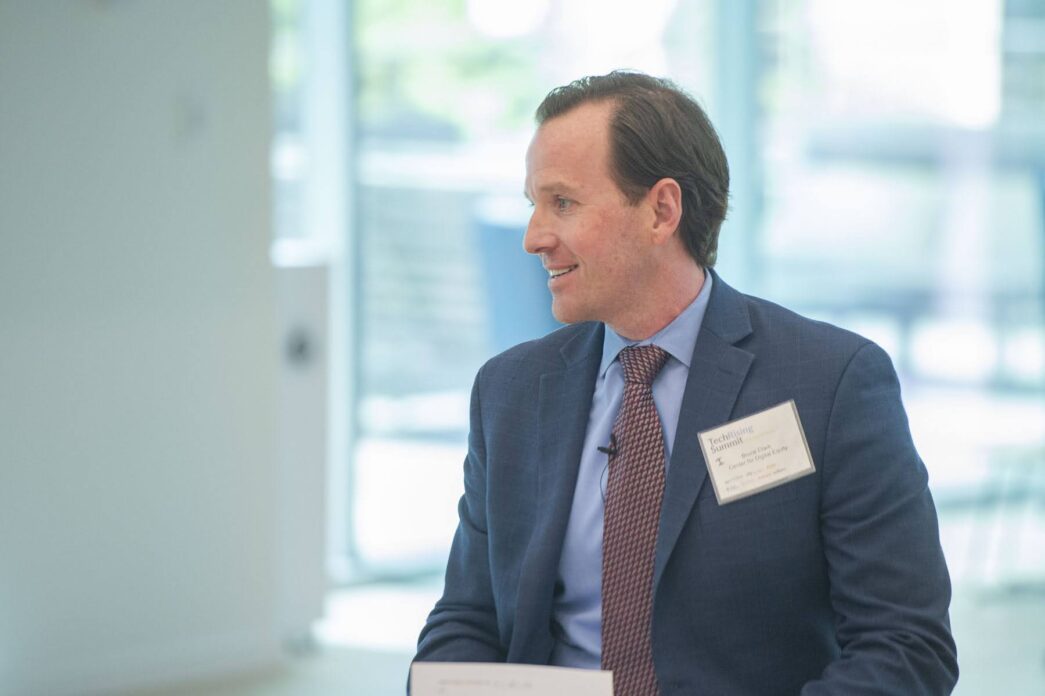As we reflect on FY2024, the Center for Digital Equity (CDE) has made significant strides in fostering a more digitally inclusive community. Our mission to collaborate with key partners to increase equitable access to and adoption of digital tools, skills, and support services has seen remarkable achievements, thanks to the unwavering support of our public, private, and resident partners.
In our Device and Connectivity initiatives, we distributed over 7,200 no-cost laptops in partnership with Eliminate the Digital Divide (E2D) and other local organizations. This effort has been crucial in ensuring residents have the necessary tools to engage in today’s digital world. Additionally, we supported the expansion of the City of Charlotte’s Access Charlotte program, connecting approximately 4,400 households to high-speed internet, significantly reducing the connectivity gap in underserved areas.
Our community’s Digital Literacy and Skilling programs have been equally impactful. Collectively, partners facilitated over 21,000 hours of digital literacy training, far surpassing our initial goal of 2,500 hours. Programs like Tech Titans 50+ in partnership with Charlotte Mecklenburg Library and AARP and partnerships with Per Scholas and Goodwill have empowered vulnerable populations with essential digital skills. We also developed a generative AI Journey Map tool to speed the delivery of resources and information to residents and provide a comprehensive guide to digital resources for community members at different life stages and needs.
In Policy, Advocacy, and Ecosystem Development, we hosted seven listening sessions with 80 participants from covered populations, shaping our policy agenda to reflect community needs. We also collaborated with state and local agencies to develop a comprehensive digital equity asset inventory, supporting a unified digital inclusion strategy across Mecklenburg County.
Our Digital Navigation and Technical Support Services have seen increased utilization, handling 5,200 inquiries related to affordable home broadband, device purchasing, and digital skills learning. Our Digital Navigators have provided personalized support and facilitated access to essential digital resources.
Internally, we have strengthened our organizational capacity by adding key positions and implementing a robust succession plan. This includes hiring a full-time Digital Navigator Program Director and additional support staff. We also developed a funding strategy that secured additional grants and expanded our resource base, ensuring the sustainability and growth of our programs.
Looking Ahead
CDE remains committed to expanding our initiatives and deepening our impact. We plan to extend our Digital Navigation and Skilling services to Gaston, Union, and Cabarrus counties, bringing equitable digital access to more communities. Our focus on innovative solutions, community engagement, and strategic partnerships will drive us toward a future where every resident can thrive in a connected and inclusive digital world.
Together, we are building a digitally equitable society, ensuring every individual can fully participate in the economic, educational, and social opportunities of our modern culture.
Thank you to our partners, supporters, and community members for making this progress possible.

Bruce Clark
Executive Director,
Center for Digital Equity at
Queens University of Charlotte

